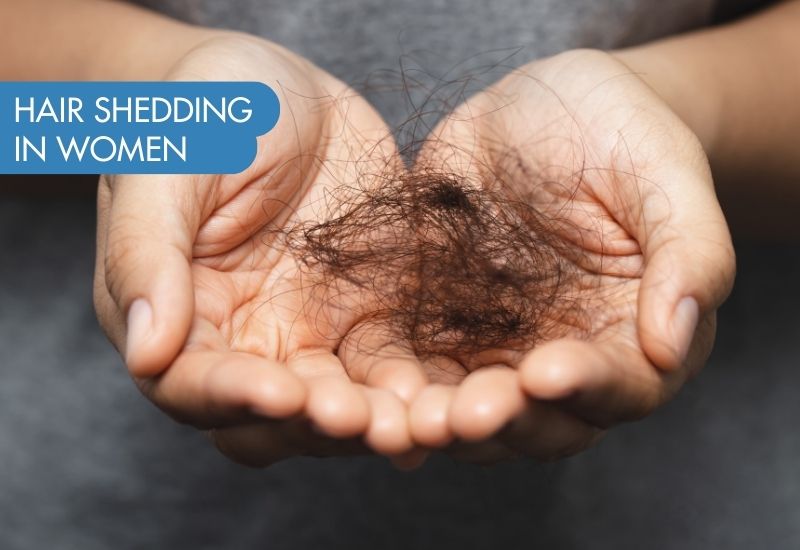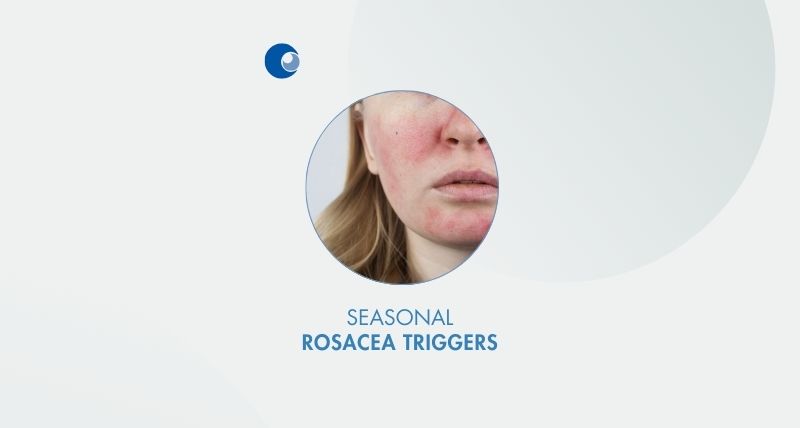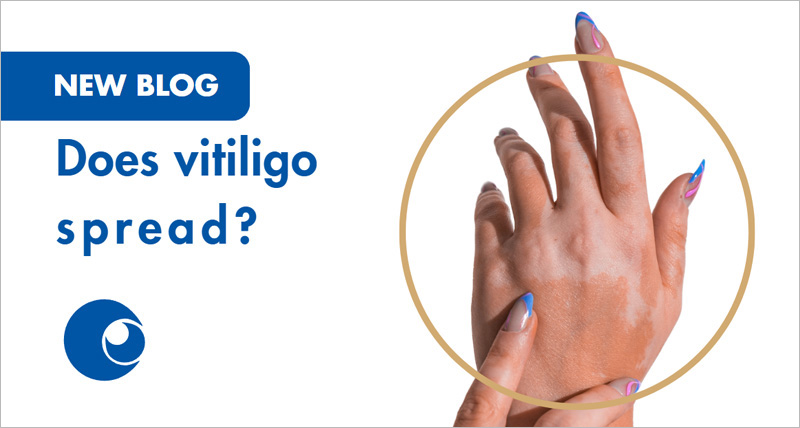When you think about teenagers and cannabis, you may picture joints being passed around surreptitiously. But a cannabis extract under development may help prevent teenager’s acne. For the last 20 years there have been no new pharmaceutical acne treatments. But this may change with Australian company Botanix developing a synthetic version of cannabidiol.
But don’t worry about your teenager developing a high from smearing the cannabis extract on their face. The extract only uses the non-psychotropic molecules of cannabis.
Earlier this week, Botanix reported its first safety study on humans of the cannabis compound BTX 1503 to the Australian Stock Exchange. The most common adverse effect cannabis compound BTX 1503 was skin dryness.
This study has established that cannabis compound BTX 1503, “has an excellent safety profile, with little to no skin irritation and no severe adverse events were recorded”. In the next few months, phase two of the clinical trials will begin on acne patients in Australia.
While this news is exciting for acne sufferers, Professor Rodney Sinclair from the Australasian College of Dermatologists says the acne treatment faces many hurdles before it comes to market.
Professor Rodney Sinclair said, “Having demonstrated there are cannabinoid receptors in the oil glands and that you can produce a biological change in them, now you’ve got to develop a cream to penetrate to the right level and have an effect on acne.”
With existing treatments for acne including the drug Roaccutane (which has been linked to birth defects and in the USA requires users to be put on a suicide watch program) and antibiotics, acne sufferers may have the first new pharmaceutical treatment in 20 years to cure acne.
Botanix Executive Director Matthew Callahan said while there were plenty of reports of people using crude extracts of the cannabis plant to treat acne with positive effects, no one knew which molecules made the difference. In 2014, a German study at Lubeck University found cannabidiol had anti-inflammatory effects and effectively controlled oil production in the sebaceous gland tissue.
Botanix have tested chemicals in the cannabis plant and been able to isolate the molecule that was active against acne. The synthetic version is made from this molecule and combined with a special delivery system called permetrex. This delivery system ensures the synthetic cannabis extract penetrates to the right layers of the skin without being absorbed into the body.
To keep the money from breakthroughs like this in the country, Matthew Callahan is urging the Federal Government to invest $10 million to develop the infrastructure for later stage clinical trials in Australia.
“Australia does not have the infrastructure base to run larger clinical studies,” he said. “We need people who have experience running and co-ordinating later stage clinical trials, who can find the doctors and get them involved, train the doctors and introduce them to the studies.”
The government is spending hundreds of millions of dollars on venture capital to help Australian medical research ideas get off the ground but without the later stage clinical trial expertise ideas will still go overseas, he said.
“Australia remains a fantastic regulatory environment to get new products into the clinic and accelerate them into early patient studies. But when it comes to Phase 2 and Phase 3 studies that can involve hundreds of patients and millions of dollars of investment, the infrastructure and experience base is just not there to comfortably locate these later-stage, more profitable studies, in Australia.
“I think the Government should take a leaf out of Japan’s book with the new industries they have created in regenerative medicine.”
“Once safety is proven, the drug or device is provisionally approved and can be accessed by patients while later stage studies are conducted in parallel.”
Once data from the initial clinical studies has been gathered, Botanix plans to shift most of the clinical development of the treatment to the USA to seek FDA approval and launch its drug there.







